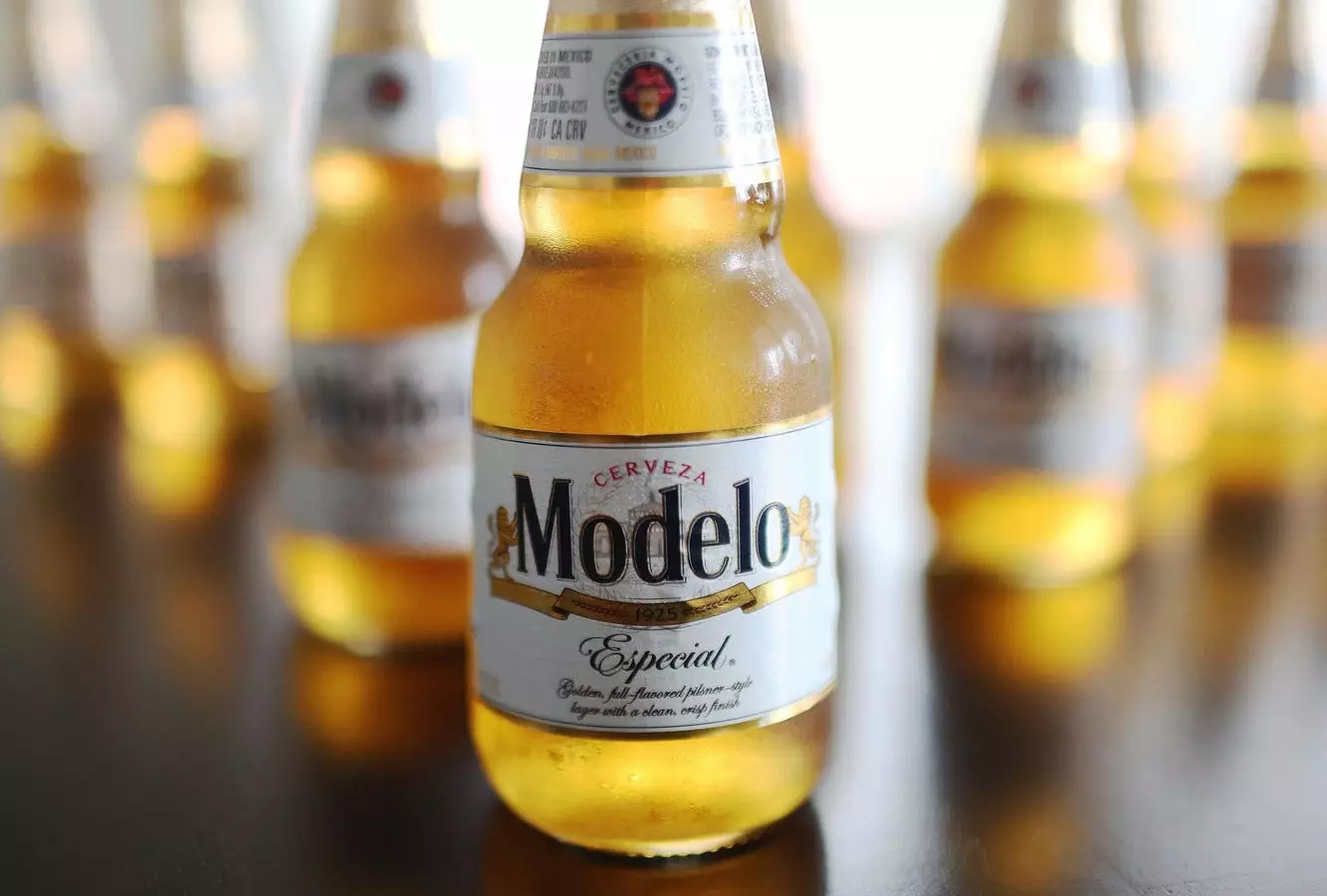The landscape of beer consumption in the United States is in a state of flux, particularly given the increasing popularity of imported brands from Mexico. With Modelo Especial recently crowned the best-selling beer in America, the trend clearly favors imports. However, the looming threat of tariffs proposed by President-elect Donald Trump raises significant concerns about the future of these beverages, not to mention the ripple effect it could have throughout the broader beer industry.
As President-elect Trump prepares to take office, he has indicated plans to impose a hefty 25% tariff on imports from countries such as Mexico and Canada. This decision ostensibly aims to deter the flow of drugs and immigration into the U.S., a message he has prominently shared on social media. If these tariffs are implemented, they are likely to alter the pricing structure of imported beers dramatically. Economic analyses suggest that the retail prices for brands like Modelo and Corona could see an increase equivalent to the tariff rate.
Kate Bernot, an expert from Sightlines, highlights the potential for this increase to extend beyond just imported beers. When the price of a favorite beer rises suddenly, it provides the rationale for domestic breweries to hike their prices as well. As such, consumers may find themselves grappling with higher costs across a range of beverage choices, diminishing the appeal of both imported and domestic options.
Some industry analysts argue that consumers who feel the pinch may opt to “trade down” to cheaper alternatives. Yet, it’s essential to consider that within the niche of Mexican imports, choices are often limited to well-established brands. Foxing for options in this tightly-knit category may not be as feasible as it appears. Interestingly, many consumers drawn to these premium imports often have the financial means to absorb slight price increases, which complicates assumptions about shifting consumer behavior.
The proposed tariffs might also challenge the perception of imported Mexican beers being a luxury item. If prices increase significantly, beer aficionados might very well reconsider their purchasing habits, but it’s uncertain whether this will lead to a steep decline in sales as some expect.
In response to tariffs, there may be discussion around moving production of popular Mexican beers to U.S. soil to bypass the additional tax burden. However, Bernot expresses skepticism about the feasibility of such a shift. Establishing the necessary infrastructure for large-scale domestic brewing is a long and expensive process, and it would require considerable capital investment from companies that may be unwilling to gamble on such uncertain circumstances.
Moreover, the tariffs would not only affect imported finished goods but also raw materials. The U.S. brewing industry relies heavily on imports of ingredients such as malting barley from Canada, as well as aluminum for packaging. This is a significant point of concern, given that the vast majority of beer in America is canned. The imposing tariffs could, therefore, lead to increased production costs across the board, further straining an industry already facing challenges.
One of the major complications that could arise from implementing these tariffs is the likelihood of retaliatory measures from Mexico and Canada. History has shown that trade restrictions often lead to similar responses from other nations. Should these countries impose their own tariffs on U.S.-made products, it could stifle exports, particularly within categories like spirits, which are notably reliant on foreign markets.
In contrast, while the beer sector might not feel the immediate impact as severely as wine and spirits, the challenges of higher ingredient costs and production hurdles could lead to difficulties down the line. If domestic options become priced out of reach, consumers may seek alternatives, exacerbating the industry’s existing problems.
The prospect of tariffs on Mexican imports brings both opportunity and challenges. Increased costs may redefine consumer choices and reshape the landscape of the American beer market. Whether these changes ultimately benefit domestic producers or hinder them remains to be seen. As the political climate evolves and decisions are made, those in the brewing industry will need to stay attuned to shifts in consumer behavior and market dynamics that could alter their strategies in this increasingly competitive environment.


Leave a Reply